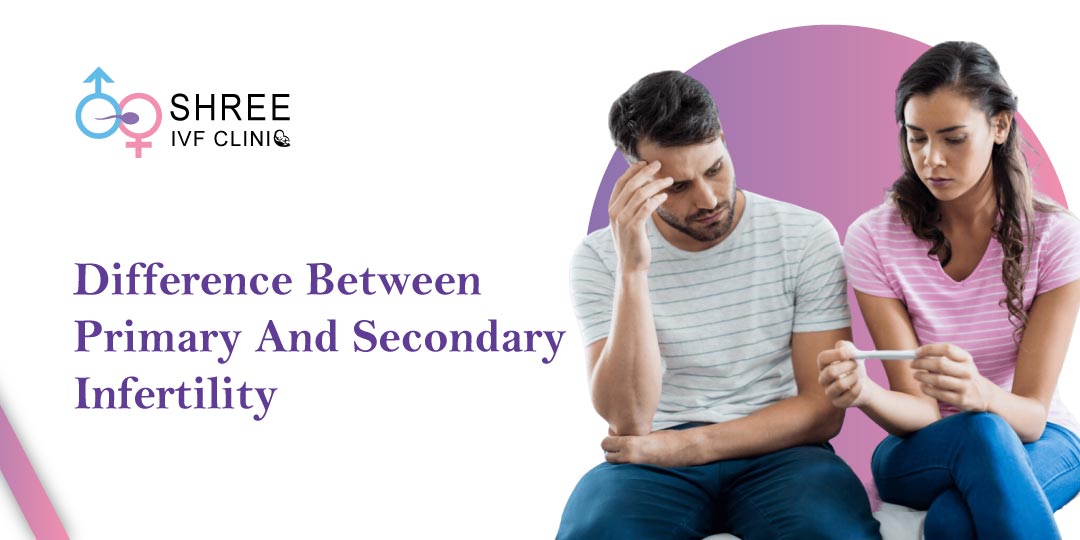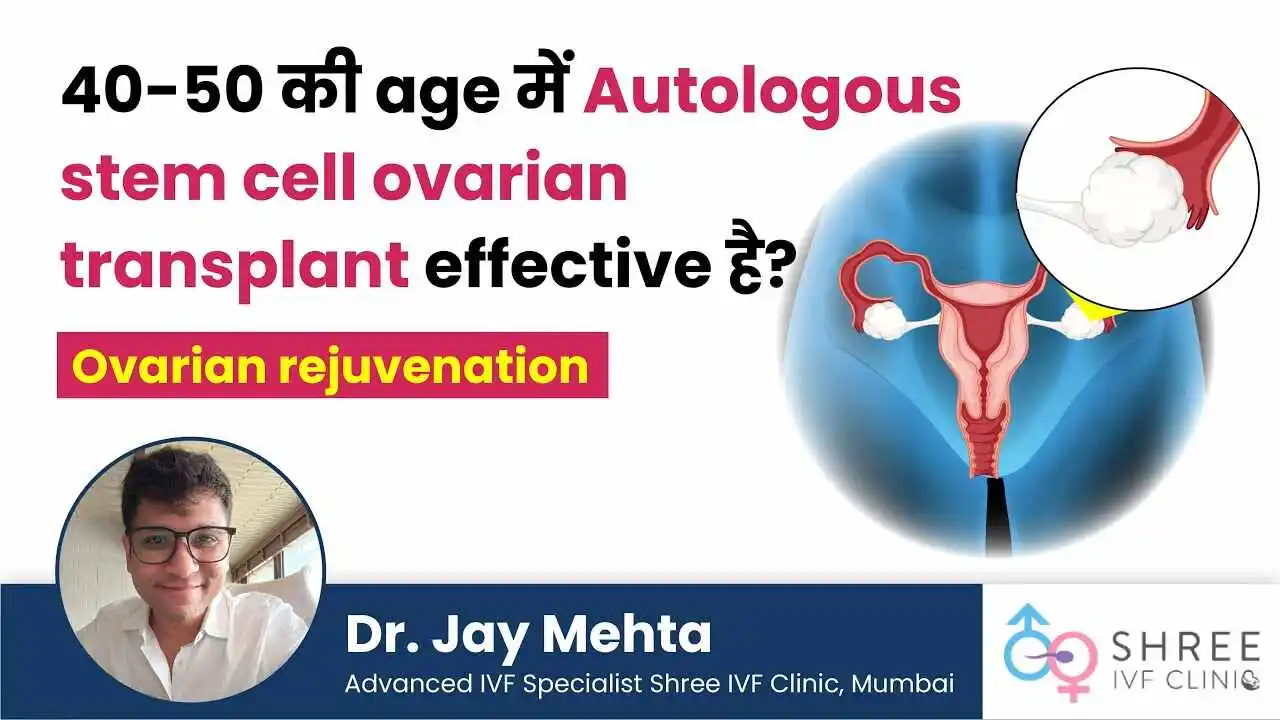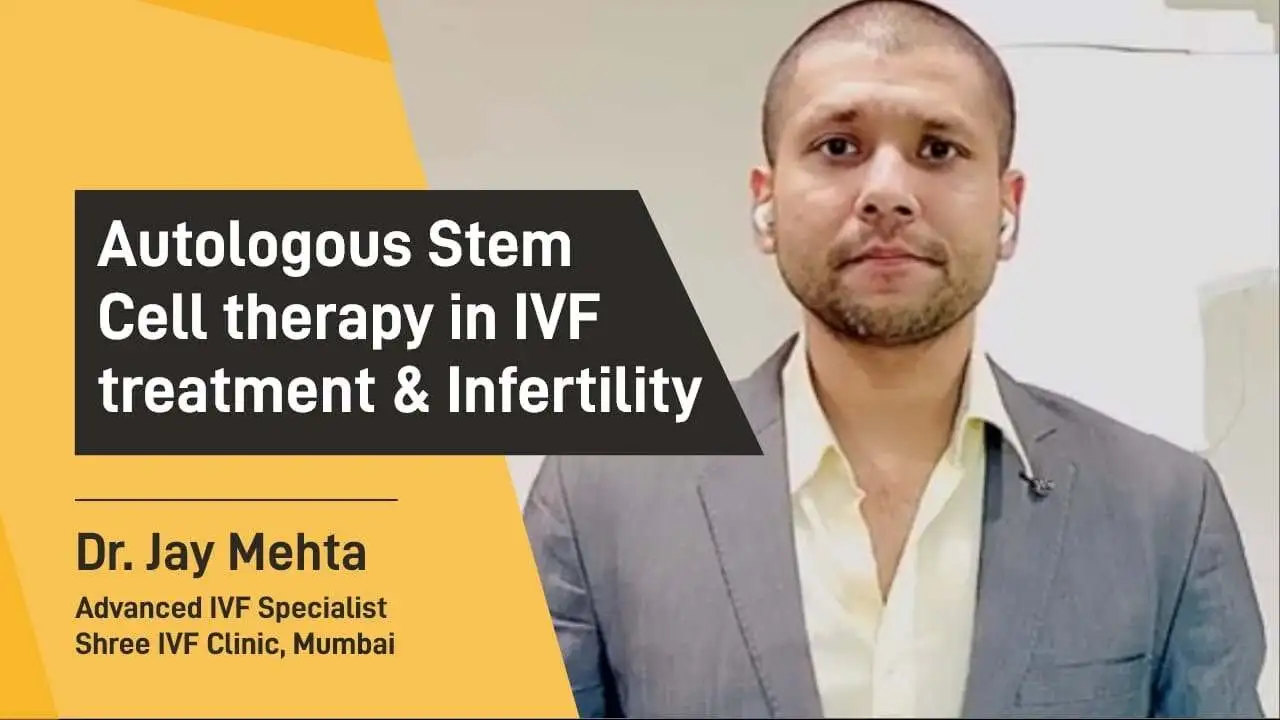Home » Reproductive Immunology » Tacrolimus treatment in women with repeated implantation failures
Tacrolimus in Fertility: A New Hope for Women Facing Repeated IVF Failures or Miscarriages

Have you tried multiple IVF cycles without success? Or gone through the heartbreak of repeated miscarriages despite doing everything right?
If yes, you may be wondering, “Is my immune system secretly affecting my chances of pregnancy?”
This is where a lesser-known medicine, Tacrolimus, might offer new hope.
What Is Tacrolimus?
Tacrolimus is a medication typically used to suppress the immune system in transplant patients. Recently, it’s being explored as a potential option for couples facing fertility challenges, especially those who have experienced recurrent implantation failure (RIF) or recurrent pregnancy loss (RPL).
However, using Tacrolimus for fertility is still not common practice and requires a thoughtful, case-by-case approach. Dr. Jay Mehta, a well-known fertility expert in India, emphasizes that Tacrolimus should only be considered after other treatment options have been explored.
Why Is Tacrolimus Used in Fertility?
Doctors may use Tacrolimus when a woman:
- Has gone through 2 or more failed IVF cycles, despite having good-quality embryos.
- Suffers from recurrent pregnancy loss without any clear reason.
- Shows signs of an overactive immune system that may be preventing implantation or causing miscarriages.
These are cases of “immune-related infertility”—a condition that’s still being researched but very real for many women.
Take the First Step Towards Parenthood – Consult Dr. Jay Mehta, Expert in Reproductive Immunology in India!
Dr. Jay Mehta’s Perspective
According to Dr. Jay Mehta, Tacrolimus is not a standard treatment for infertility. It should only be used in specific situations where other potential causes for implantation failure have been ruled out. Due to the medication’s complexity and potential risks, careful consideration and close monitoring are essential.
When and How Is It Given?
Tacrolimus is usually taken in tablet form once or twice a day. In fertility treatments, low doses like 1–2 mg per day are used.
Doctors may start it:
- A few days before embryo transfer, or
- At the time of ovulation in natural cycles.
It’s often part of a customized immune protocol which may also include:
- Steroids (like prednisolone)
- Intralipid infusions
- Blood thinners (like heparin)
⚠️ This is not a routine medication—only used under specialist guidance.

4,790+
379K+
Does It Really Work?
While research is still growing, several case studies and small trials have shown positive results:
- Higher implantation rates
- More clinical pregnancies
- Fewer early miscarriages
Especially in women who had unexplained IVF failures with immune abnormalities.
But it’s important to know:
💬 “Tacrolimus is not a magic pill. It works best when the cause is clearly immune-related.”
Who Might Benefit from Tacrolimus Therapy?
Tacrolimus might be suitable for patients who meet the following criteria:
- Genetically Normal Embryo: The embryo has been tested and confirmed to be euploid (chromosomally normal).
- No Chronic Endometritis: The uterus is healthy and free of chronic inflammation, as confirmed by tests like biopsy or hysteroscopy.
- No Known Causes of Implantation Issues: Other common reasons for implantation failure or miscarriage have been ruled out.
- Healthy Pelvic Condition: No pelvic disorders like adenomyosis, endometriosis, fibroids, or polyps are present.
How is Tacrolimus Administered?
Tacrolimus should be given under the guidance of a transplant physician or nephrologist due to its immunosuppressive effects.
The usual dose is 1 mg per day, starting when endometrial preparation begins with hormone therapy. Treatment typically continues until cardiac activity is detected during early pregnancy. Regular monitoring is crucial to detect potential side effects, such as kidney issues or elevated blood sugar levels.
Side Effects and Safety
Even though low doses are used, Tacrolimus is still an immunosuppressant. That means it can lower your body’s ability to fight infections.
Possible side effects:
- Kidney problems
- High blood sugar
- Increased risk of infections
That’s why regular blood tests are essential during treatment.
Good news: Many studies have not found any major birth defects linked to Tacrolimus. It has also been used safely in pregnant women with organ transplants
Important Considerations
- Tacrolimus should not be the first option in fertility treatments. It’s more of a last-resort choice after other methods have not been successful.
- Always involve healthcare professionals experienced with the drug, especially specialists in transplantation or nephrology.
- Be aware of the risks and ensure that close monitoring is in place throughout the treatment.
Should You Consider Tacrolimus?
If you’ve had multiple failed embryo transfers or recurrent miscarriages with no clear cause—and your tests suggest an immune issue—Tacrolimus might be worth exploring.
But always consult with a fertility specialist or reproductive immunologist, Dr. Jay Mehta, before starting any immune treatment.
Final Thoughts
Fertility is already an emotional journey. When the immune system adds another layer of complexity, it can feel overwhelming. But with evolving science and medicines like Tacrolimus, there’s real hope.
Common Questions Patients Ask
Will Tacrolimus affect my baby?
Studies suggest it’s generally safe in pregnancy under medical supervision.
Can I take it with my IVF meds?
Yes, but only as part of a carefully monitored immune protocol.
How long do I need to take it?
Usually from embryo transfer to early pregnancy (6–12 weeks), depending on your doctor’s advice.
Is it expensive?
It is more affordable than some other immunotherapies like IVIG, but cost varies.

Dr. Jay Mehta
MBBS, DNB – Obstetrics & Gynecology
IVF & Endometriosis Specialist, Laparoscopic Surgeon (Obs & Gyn)
Dr. Jay Mehta is a renowned IVF specialist and fertility-preserving surgeon in Mumbai, India. He is the Director of Shree IVF and Endometriosis Clinic, as well as the Director of Uterine Transplant in Global Hospitals, Mumbai. He is a leading laparoscopic gynecologist in India for endometriosis and adenomyosis..
He is a well-known Fertility and IVF Specialist and also among few doctors in the country who specializes in Embryology and Andrology. He operates India’s major cities including Mumbai, Pune, Chennai, Hyderabad, Bangalore, Ahmedabad, Agra, Delhi etc.
To book an appointment, call: 1800-268-4000 or fill out our contact form

Google Reviews

ALPA AINCHWAR

Thank you to the best endometriosis surgeon in our India.
Honest and very ethical person.
I want to add one thing, very respectful behavior towards all the patients here.
The only thing is doctor jay is very straight forward.
If he is getting so much work being so straight forward. I can only imagine what will happen if he becomes little sweet and sugary sugary to everyone. But whatever I know him he won’t become like that, kyunki iss Bande ko bhagwaan ka kuch alag aashirvaad hai

Vidhi Mehta

Dr Jay Mehta is a genius at treating endometriosis patients. To the point, no bakwaas. For 13 years I was made to believe I could never conceive naturally, from the age of 19 when I went to a hospital for the first time as an emergency endo patient.
After 2 endo surgeries, 1 failed IVF and a miscarriage here I meet the first doctor who said you will conceive naturally. (Hope). , This was God’s plan, Lord Shiva!!
Thank you Dr. Jay, Dr. Vismay, and the entire team for the hope, treatment, hospitality, and the quickest discharge.

RENUKA RAUT

Great Experience. I have been operated for grade 4 endometriosis. I have never seen a doctor like Jay Sir in my entire life..he is very concerned about his patients..going out of the way to make things possible
Finally, I found an endometriosis specialist after struggling a lot. I am In a safe hand. Each and every staff of this hospital is well-trained and well-managed..highly recommended

Sunitha Suni

He is the god me because im suffering from since 4year pain full period of endometriosis problem im going to so many hospitals any one not identify the problem he is identify and clear endometriosis problem, thanq Dr jay metha sir, Dr Chaitali Rao and ur team Good receiving thanq so much sir ur save my life

md Sohail

Dr. Jay Mehta, what a doctor he is ..hats off.
I really wanted to thank from the bottom of my heart to Dr. Jay Mehta and his dedicated and caring team.
We came from Hyderabad and undergone a major surgery. What a guts he has. I highly recommend Dr Jay Mehta for women who needs a cure for Endometriosis.
Huge thanks to Dr. Chaitali, Dr. Vismai sir and all the supporting staff, nurses and mausis. He is the great doctor and do the best treatment.
Overall very rare kind of personality is Dr.Jay Mehta among the present generation of doctors.

Ankit Jain

I wanted to thank Dr. Jay and his dedicated and caring team at Shree IVF & Endometriosis Hospital at Ghatkopar, Mumbai for the Endometriosis surgery performed. His knowledge of this dreadful disease and its treatment to help thousands of endometriotic women is truly amazing.
He is a gem of a person, explains the problem to patients and their families nicely, and proposes surgical treatment. His caring team also makes the stay in the hospital post-op help to recover quickly.
I highly recommend Dr Jay Mehta for women who need a cure for Endometriosis. He also works brilliantly for IVF and other gynac issues. Kindly check with the clinic and hospital and plan your visit accordingly. They also help with nearby stays for outstation patients. God bless you and give you the strength to continue to work in the noble field.
Blogs

How Long Can Sperm Live Inside the Female Body?
Sperm live inside the female body depends on a certain number of factors. sperm can survive inside female partner’s body is 5 days.

Difference between Primary & Secondary Infertility
In this blog, we’ll understand the difference between Primary & Secondary Infertility.
Videos

Ovarian Stem Cell Transplant (Age 40-50): Does It Work?
Stem cell ovarian transplant may help restore fertility and hormone levels in women 40-50, but its effectiveness remains under clinical research

Autologous Stem Cell therapy in IVF & Infertility Treatment
Autologous Stem Cell Therapy offers hope for women with low AMH and thin endometrium, improving IVF outcomes for those facing early fertility issues

